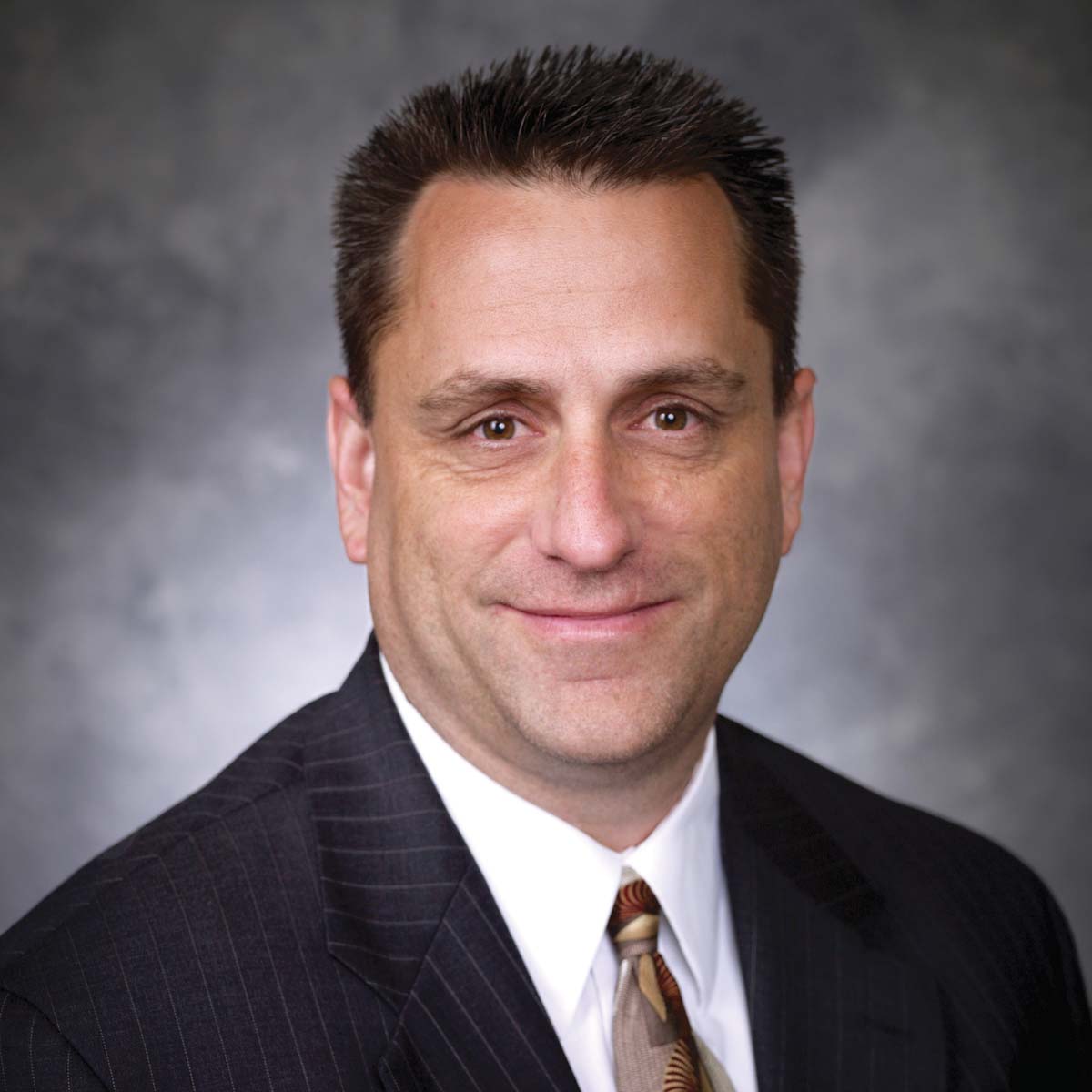Dr. Robert L. Rennaker II
- Professor of Neuroscience
- Texas Instruments Distinguished Chair in Bioengineering

Texas Instruments established the chair in March 2012 to support research and scholarly activities in the field of bioengineering. Rennaker filled the chair in January 2015.
“Health care is one of the greatest challenges facing our country financially, and I think developing solutions for neurological conditions is going to be key to tackling a significant portion of this challenge.”
Dr. Robert L. Rennaker launched the Texas Biomedical Device Center in 2013. The center emphasizes interdisciplinary approaches to research and collaboration with faculty members from UT Southwestern Medical Center and UT Arlington, as well as professors from UT Dallas’ School of Behavioral and Brain Sciences, the Erik Jonsson School of Engineering and Computer Science and the School of Natural Sciences and Mathematics.
“My roles at the University are about bringing together diverse groups of researchers — mechanical and electrical engineers, neurologists, neuroscientists, biologists, computer scientists, materials scientists and physicists — to solve clinically relevant problems,” he said.
Rennaker explores how to make wireless medical devices that can interface with the brain and body. One device, being developed with Texas Instruments, could identify changes in neurological function after sports impacts. Rennaker is co-founder and owner of Vulintus LLC, which builds preclinical and clinical research systems for researchers, biomedical research firms and health care professionals. These devices are designed to help investigators rapidly advance therapies from the lab to the clinic. Rennaker served in the U.S. Marine Corps for five years before becoming an engineer. His service included evacuating foreign dignitaries from Liberia during Operation Sharp Edge and supporting operations in Kuwait during Desert Shield/Storm and in Yugoslavia during Operation Provide Comfort.
He earned his bachelor’s, master’s and doctoral degrees in biomedical engineering from Arizona State University with the help of the Whitaker International Fellows and Scholars Program for emerging leaders in biomedical engineering. He completed postdoctoral research at UT Dallas and then taught at the University of Oklahoma before returning to UT Dallas as an associate professor.
“My goal in serving this University is to focus on facilitating the success of those around me and giving back what I have been given.”